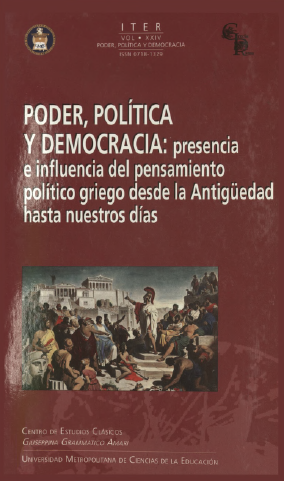Main Article Content
May 10, 2022
Abstract
In his treatise O n the sp e c ia l laws 3, Philo of Alexandria organizes and explains
the biblical laws about marriage and sexuality and includes among them one which
prohibits Jews to marry “a person from another nation” (aXXo£0v£i) (Spec. 3.29).
Since this absolute interdiction lacks a specific source in the Pentateuch, our study
aims to inquire the reasons why Philo assumes such an adverse posture towards
mixed marriages. With this goal, we will analyze, in the first place, the passages
from the Torah which could have functioned as an exegetical basis -Dt 7.3-4, Ex
34.16, Dt 23.4- even though none of them reaches the universality that Philo assigns
to the prohibition. In the second place, we will examine other passages of Philos
work in which he manifests his attitude towards mixed marriages; in particular, his
interpretation of biblical stories about unions between Hebrews and foreign slaves,
such as those of Abraham with Hagar (O n A b r a h am 250-254) and of Jacob with Leah
and Rachel (O n v ir tu e s 223-225), among others. By means of this analysis, we will
try to demonstrate the hypothesis that Philos position towards mixed marriages is
connected with the unstable socio-political condition of the Jewish community' in
the city of Alexandria under the rule of the Roman Empire, at the same time that it
receives a strong influence from Greek and Roman legal statutes for the transmission
of citizenship.


